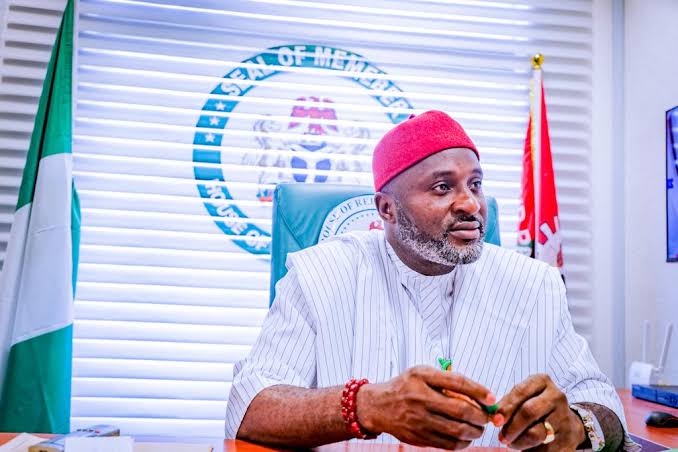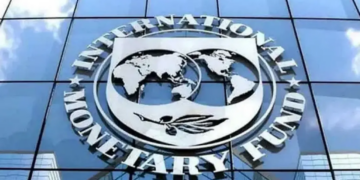The member representing Isuikwuato/Umunneochi federal constituency, Amobi Godwin Ogah, has called for increased domestic funding to combat malaria and achieve health equity in Nigeria and Africa at large.
Ogah made the call in a statement issued to newsmen yesterday in Abuja in commemoration of Malaria Day, titled: “Health equity, gender, and human rights.”
He stated that this day offers them the opportunity to analyze the successes and challenges of the fight against malaria, particularly emphasizing the need for increased domestic investment and strong political commitment to prevent and eliminate this scourge from their country.
Ogah noted that Africa continues to pay the highest price for malaria. In the first 15 years of this century, significant strides have been made in reducing the global burden of malaria, and they take this opportunity to pay tribute to all the institutions and leaders whose commitment, generosity, and hard work have made these advancements possible.
He said that there is a shadow hanging over these achievements, as since 2017, they have seen a slowdown in these gains.
He stated that the phase of stagnation currently observed is particularly evident in their countries, where conditions are highly conducive to malaria transmission and where the response to this pandemic is compromised not only by weak health systems but also by insufficient investment and infrastructure.
Further stressing the issue, Ogah pointed out that, according to the WHO’s annual report this year, despite the expansion of access to malaria prevention, too many people, mainly in Africa, are still deprived of the quality services and care they need to prevent, detect, and treat the disease effectively and in time.
He said In 2022, the entire region recorded 94 per cent of all malaria cases (233 million) and 95 per cent of all malaria deaths (580,000 deaths). Nearly 78 per cent of all malaria deaths in the region are among children under the age of 5.
Ogah mentioned that the incidence of malaria in their country has increased by 1.3 per cent since 2019, rising from 302 cases per 1000 population to 306 cases per 1000 in 2021.
He, however, said the mortality rate has decreased by 28.6 per cent from 1.2 deaths per 1000 population to 0.9 deaths per 1000 population in the same period. This indicates an increase in the number of cases but an improvement in mortality rates (Malaria Report, 2022).
He stressed that remarkable progress has been made in recent years, thanks to joint efforts at national and global levels. This progress includes the deployment of the first antimalarial vaccine RTS,S/AS01.
He stated that the WHO’s recommendation of a second safe and effective vaccine R21/ Matrix-M, the availability of a new generation of dual-active mosquito nets, and intensified prevention of seasonal malaria in children at high risk of severe malaria, as well as prevention of malaria in infants via TPIn (intermittent preventive treatment).
He said the urgent need to translate declarations into concrete action to increase domestic resources according to WHO data, in 2022, a total of 4.1 billion US dollars (USD) has been mobilized to fight malaria worldwide, compared with an initial target of 7.8 billion USD.
He further noted that the Ministerial Conference on Malaria: “Fighting malaria in the countries hardest hit by the disease” was held in Yaoundé, Cameroon, on March 6, 2024. It brought together ministers of health, global partners, funding agencies, scientists, civil society organizations, and other key players in the fight against malaria.
He stressed that the ministers signed a declaration in which they pledged, among other things, to lead malaria control programs with greater determination and to allocate one-third more national funding to them, to invest more in the health sector in order to generate infrastructures and staffing levels, to improve governance and to reinforce intersectoral collaboration.





